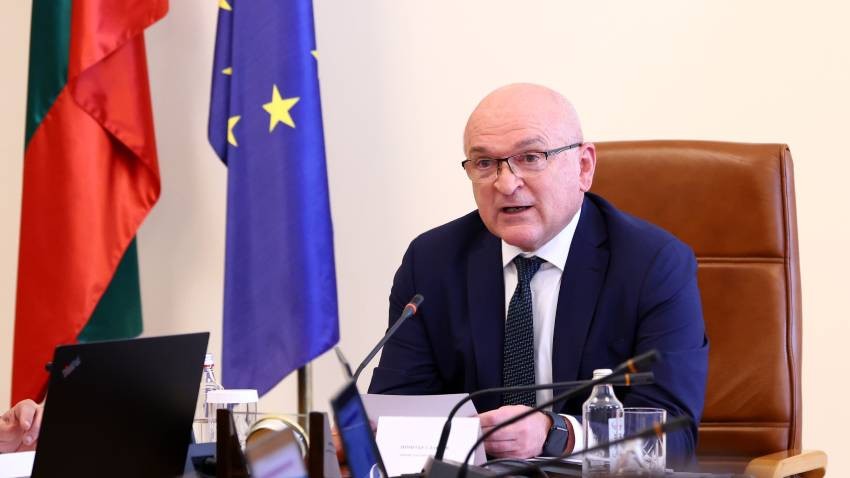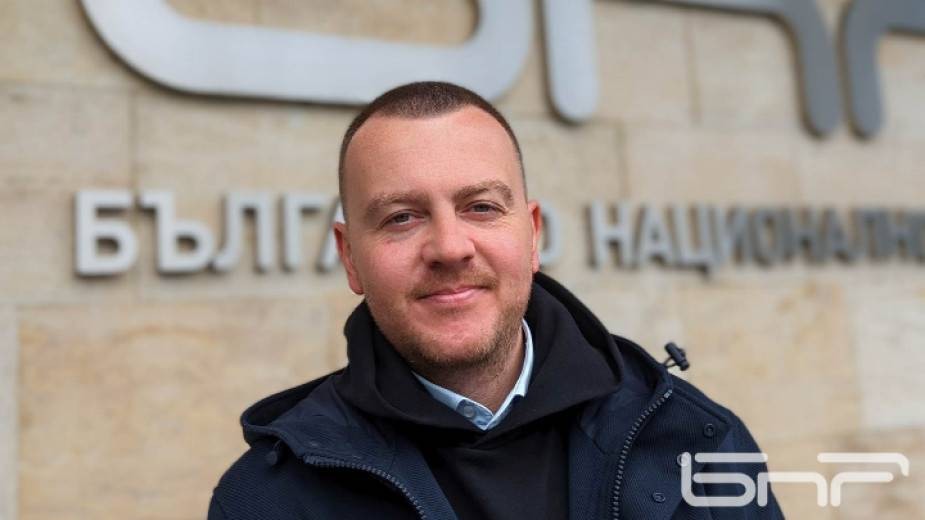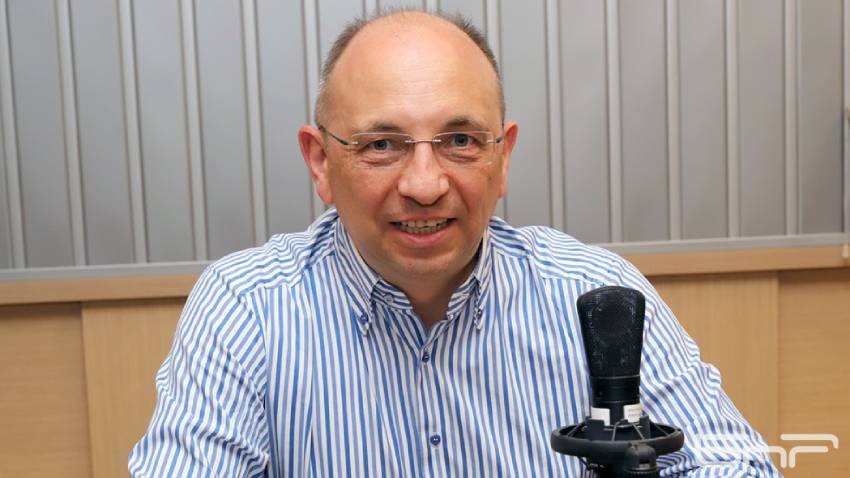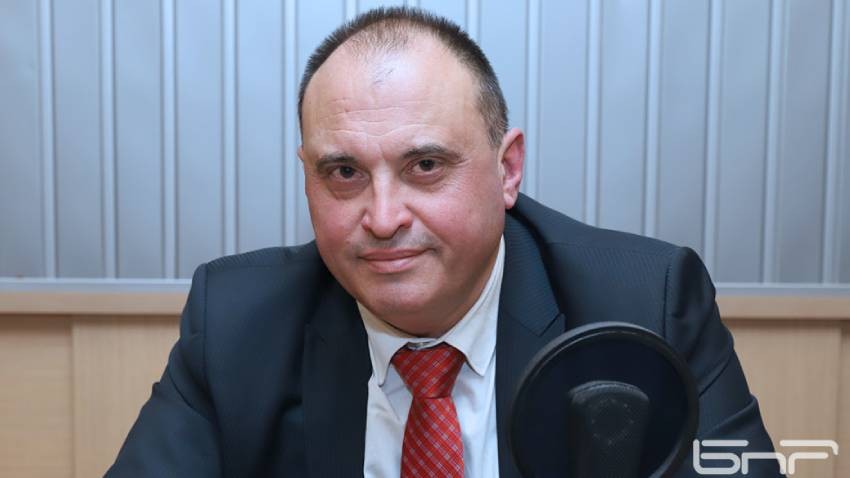"I have tried to get experts into the government, to achieve continuity and the cabinet to be politically balanced," caretaker Prime Minister Dimitar Glavchev said when presenting the composition of the already active caretaker cabinet to the President. The main task of the government is to ensure fair elections. "However, this does not mean that it will stop working in other sectors and directions. Bulgaria's European path will be followed," the caretaker PM said.

One of our country's goals is joining the Eurozone, as Bulgaria expects that this could happen at the beginning of 2025. However, according to a World Bank report, this goal is at risk due to political instability and the sixth consecutive early election, which threatens to delay momentum in carrying out reforms.
"There is no way Bulgaria would join the Eurozone on January 1, 2025, as we do not meet the inflation criteria yet,” economist Petar Ganev pointed out. “It is possible that the criteria could be met by the end of this year, but what the parliament must do is adopt the law on the euro, which is currently at its public consultation stage."

Ganev expressed doubts that the current parliament "will have enough time until the elections to adopt the law, but if our membership is postponed for a few months or a year, the deadline would probably not be so pressing."
Former Minister of Economy Nikolay Vassilev recalled that the other member states expected Bulgaria to join the euro area as early as 2023, together with Croatia. However, this did not happen, and according to him, the former finance minister also contributed to this.

"In 2021, Asen Vassilev was against joining the Eurozone. I don't know when he changed his mind and I'm glad he did, but it's one thing to say that you support adopting the euro and another to lead policies that actually move the country towards the goal. As finance minister, he personally postponed the accession date first from 2023 to 2024, then from 2024 to 2025 and now we probably won't enter at the beginning of 2025," Nikolay Vassilev said and added that there was another major flaw that hinders the country's progress on its way to the euro area - the big budget deficits.
The political processes in the country will probably affect the speed of joining the Eurozone and Schengen, economist Rumen Galabinov says, but he is not particularly worried about this:

"I don't think that this is some kind of fatal delay - 3 or 6 months, for example, but before the end of 2025 we should be able to become a member of the euro area and full member of Schengen with the land borders, as well."
According to him, there is another serious problem in Bulgaria - a machine for disinformation and fear-mongering related to the euro area has started operating.
"If you look at the rise of incomes and the rise in living standards in countries in the euro area for the past 10 years, compared to countries that are outside, it can be seen that countries such as Hungary, Poland and the Czech Republic are lagging behind in these indicators. This does not mean there should be concerns that we would become poorer. On the contrary, we will become richer. When it comes to the prices, even without entering the euro zone, they are still rising."
The economist paid attention to another topic that is no less important than joining the euro area – the funds under the Recovery and Resilience Plan. He recalled that during the past year Bulgaria did not receive any funds from this source.
"Maximum efforts should be made this year to receive our second and third tranches. Otherwise, by the middle of 2026, when the deadline for absorbing this money comes, Bulgaria risks losing almost half of it due to the lack of time to absorb financing and implement the Bulgarian projects."
Compiled by: Yoan Kolev / based on interviews by Silvia Velikova, Daniela Goleminova and Georgi Markov, BNR-"Horizont"/
Publication in English: Al. Markov
Photos: BGNES, BTA, BNR
The Bulgarian National Bank (BNB) has revised upwards its expectations for Bulgarian economic growth in 2025 but lowered its GDP growth forecast for 2026, it transpired from the Bank's regular quarterly Macroeconomic Forecast. In its March..
Bulgaria’s debt for 2024 amounts to BGN 48.846 billion (EUR 24 billion), or 24.1% of the country’s GDP, preliminary data from the National Statistical Institute (NSI) show. In 2023, the country's debt was BGN 42.383 billion (EUR 20.8 billion), or..
A working individual living in a one-person household needs a net monthly income of 1,521 BNG (EUR 747) to cover basic needs. A three-member household needs 2,738 BGN (EUR 1,344). The income needed to cover minimum living costs increases by..

+359 2 9336 661
